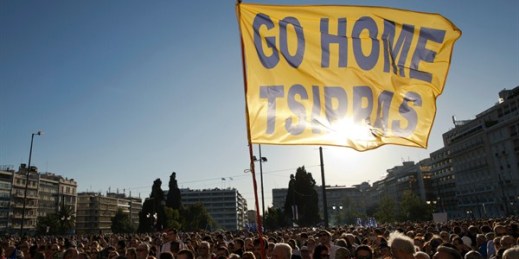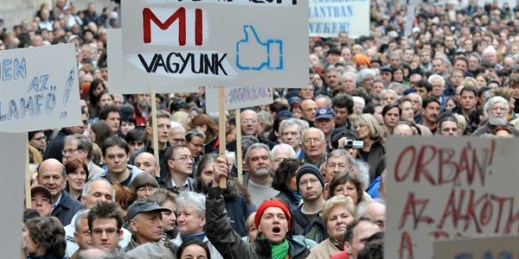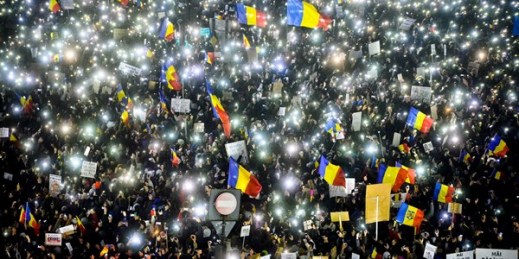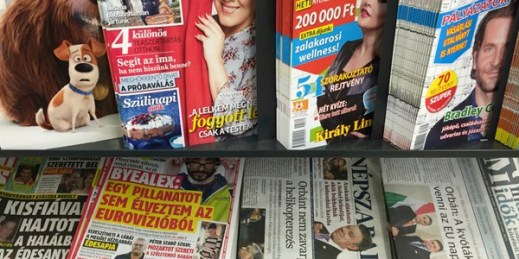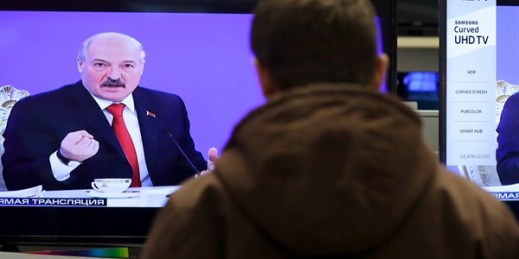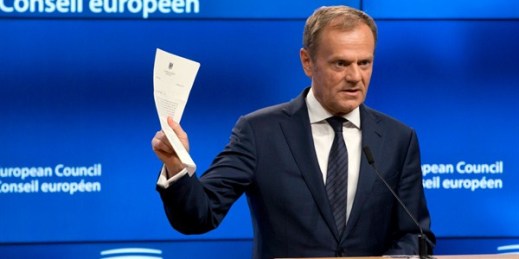
Just last weekend, the European Union turned 60, marking the milestone with a leaders’ summit in Rome, where the treaty that launched the bloc’s first iteration was signed in 1957. In that time, the original economic community of six founding members grew to become a common market with elements of shared sovereignty joining 28 countries. Or make that 27. Today, British Prime Minister Theresa May, who did not join the festivities in Rome, formally notified Brussels of the U.K.’s intention to leave the union. By triggering Article 50 of the EU’s current treaty, she opens a two-year negotiating period that […]

